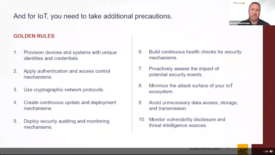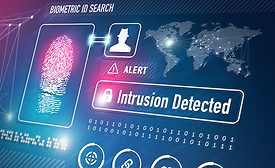Cybersecurity
ESET researchers discover XDSpy, an APT group stealing government secrets in Europe since 2011
The previously undocumented group leverages COVID-19-themed spear phishing
October 5, 2020
Sign-up to receive top management & result-driven techniques in the industry.
Join over 20,000+ industry leaders who receive our premium content.
SIGN UP TODAY!Copyright ©2024. All Rights Reserved BNP Media.
Design, CMS, Hosting & Web Development :: ePublishing











